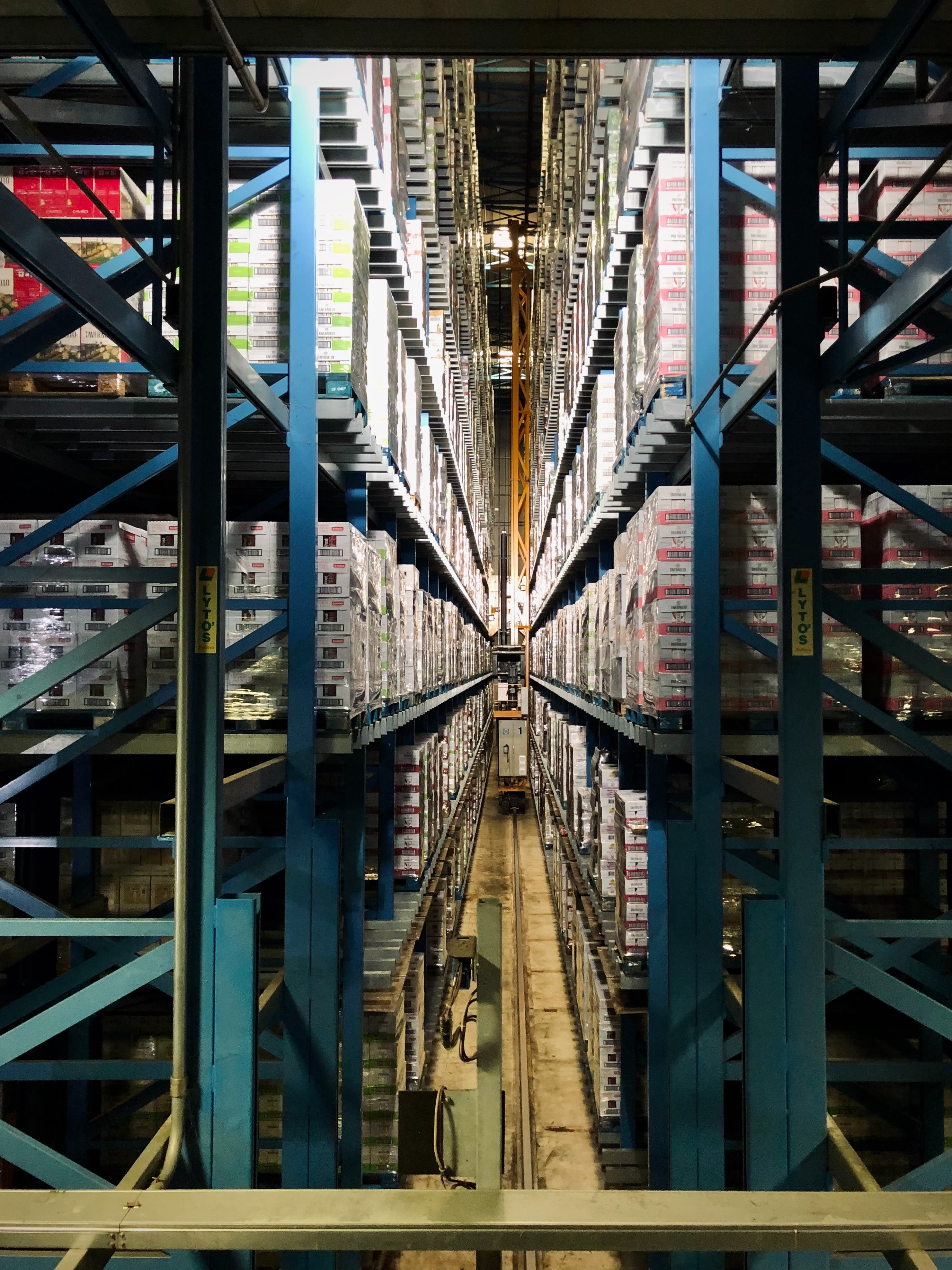The Ins & Outs of Supply Chain Management

Today's global economy is interwoven and complex, making seamless supply chain operations more important than ever. With the goal of enhancing the long-term performance of both individual businesses and the
supply chain as a whole, supply chain management, or SCM, is the strategic coordination of business processes both
within and across firms within the supply chain.
This article examines the fundamental elements, difficulties, and tactics of efficient supply chain management.
What is Supply Chain Management?
Supply chain management involves the active management of supply chain activities to maximise customer value and achieve a sustainable competitive advantage. It covers everything from production to product development to the information systems needed to direct these undertakings.
Key Components of Supply Chain Management
Procurement: This is the process of obtaining goods and services from suppliers. It involves selecting suppliers, establishing payment terms, strategic vetting and selection, and the negotiation of contracts.
Production: Efficient production requires effective management of resources, assembly lines, workforce, and quality control to ensure products are produced efficiently and meet quality standards.
Distribution: This component deals with the movement of goods from manufacturers to customers. This includes logistics, warehousing, and transportation management.
Inventory Management: Effective inventory management ensures that goods are available at the right times in the right quantities. This helps in managing costs and meets demand without overstocking or stockouts.
Information Management: This involves the management of flows of information and data related to the supply chain, which is crucial for making strategic decisions. Technologies like ERP systems and blockchain are increasingly pivotal in this area.
Challenges in Supply Chain Management
Complexity of Supply Chains: Managing a network of interconnected businesses involves juggling diverse tasks, regulations, and relationships across multiple countries and continents.
Demand Forecasting: Predicting customer demand accurately is always challenging, and errors can result in overproduction or underproduction.
Cost Control: Balancing cost efficiency with quality and speed is a constant challenge in supply chain management.
Risk Management: Supply chains are susceptible to various risks, including natural disasters, transportation disruptions, and political unrest. Mitigating these risks is crucial.
Technological Changes: Keeping up with rapid technological advances can be difficult but is necessary to improve efficiency and competitiveness.
Effective Strategies in Supply Chain Management
Lean Practices: Implementing lean manufacturing techniques can help eliminate waste and improve efficiency.
Agile Methodologies: Being agile allows companies to respond swiftly to changes in the market or disruptions in the supply chain.
Tech Adoption: Investing in the latest technologies like AI, machine learning, and IoT can lead to significant improvements in forecasting, transparency, and efficiency.
Sustainability Practices: More companies are looking at ways to make their supply chains sustainable by reducing environmental impact and ensuring fair labour practices.
Collaboration and Partnerships: Strong relationships and collaboration with all stakeholders in the supply chain are vital for successful management.
The importance of supply chain management cannot be overstated. It impacts product quality, cost, delivery reliability, and customer satisfaction. As global complexities and technological advancements evolve, so too must the strategies and solutions within SCM. Organisations that can effectively manage their supply chains gain a significant competitive advantage in their markets, ensuring not only survival but also the opportunity to thrive. Understanding the ins and outs of supply chain management is essential for any business looking to succeed in the modern economic landscape.




